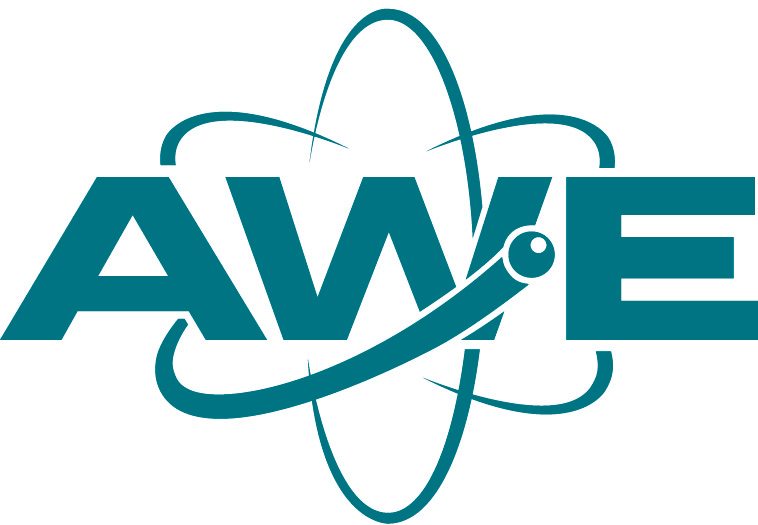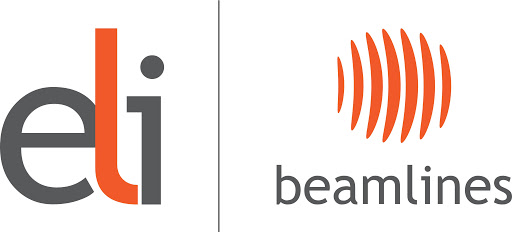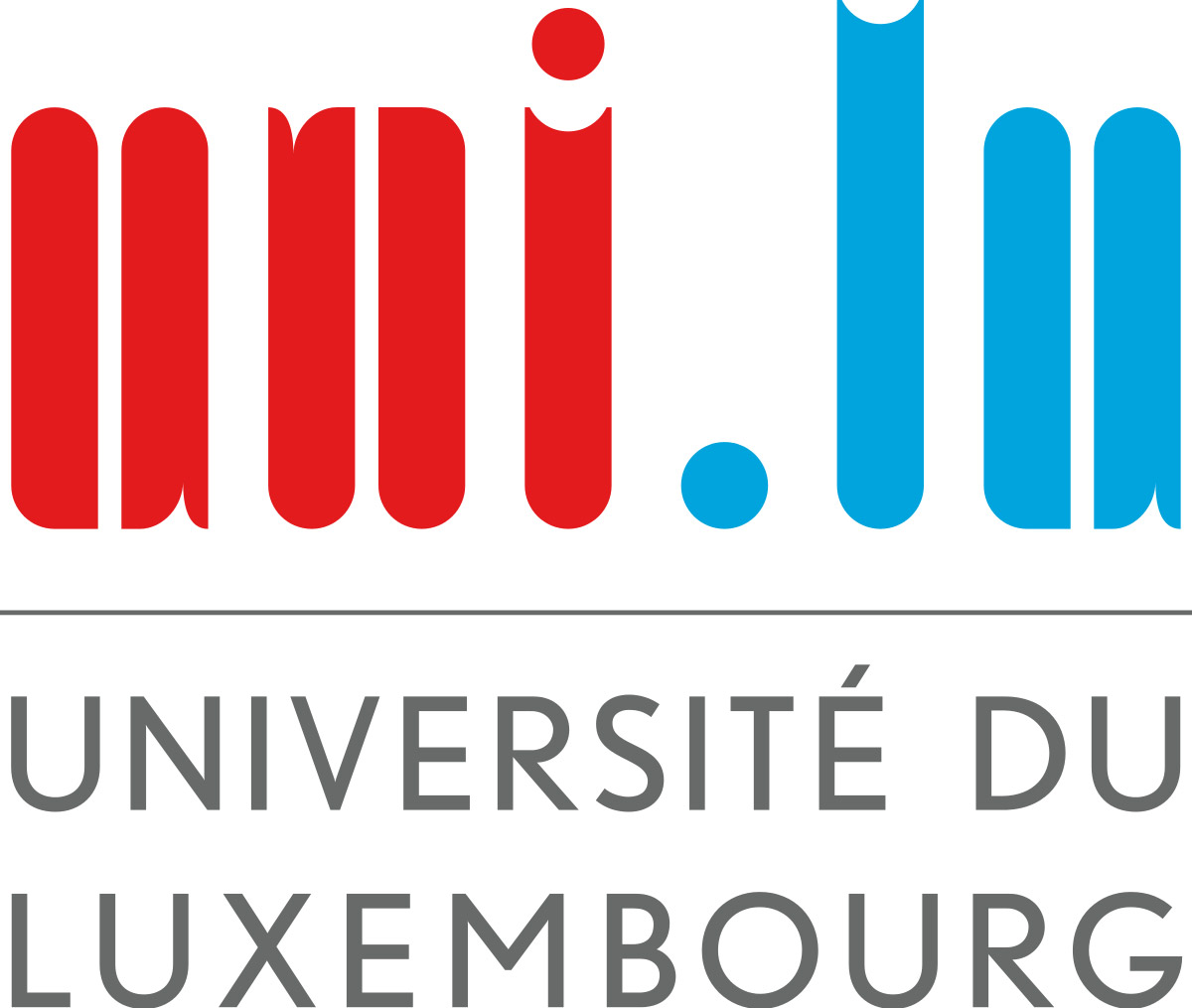About us
The University of Luxembourg aspires to be one of Europe’s most highly regarded universities with a distinctly international and interdisciplinary character. It fosters the cross-fertilisation of research and teaching, is relevant to its country, is known worldwide for its research and teaching in targeted areas, and is establishing itself as an innovative model for contemporary European Higher Education. The University’s core asset is its well-connected world-class academic staff which will attract the most motivated, talented and creative students and young researchers who will learn to enjoy taking up challenges and develop into visionary thinkers able to shape society.
The Faculty of Science, Technology and Medicine (FSTM) contributes multidisciplinary expertise in the fields of Mathematics, Physics, Engineering, Computer Science, Life Sciences and Medicine. Through its dual mission of teaching and research, the FSTM seeks to generate and disseminate knowledge and train new generations of responsible citizens, in order to better understand, explain and advance society and environment we live in.
The University of Luxembourg (UL) invites applications for two PhD Fellow (Doctoral Candidate) positions as part of the QuaC project funded by the FNR CORE funding instrument https://www.fnr.lu/funding-instruments/core/.
Research direction
- Vision: Unusual proximity effects (long-range interactions) are increasingly experimentally observed in a wide range of adhesive systems, e.g., for low-dimensional nanostructures, countless biosystems, gecko feet suspended over semiconductor surfaces, or complex interfaces. The ability to effectively and accurately design interactions in adhesive interfaces would have a large impact on materials science, engineering, biology and medicine. This, however, requires a breakthrough in developing multiscale methodologies bridging a wide range of techniques from physics and engineering
(See https://www.nature.com/articles/s41467-020-15480-w for an example of our recent joint work).
- Challenge: You will take part in a multi-disciplinary journey across time- and length-scales, in the crucible between two world-renowned vibrant research groups of Prof. Dr. Alexandre Tkatchenko and Prof. Dr Stéphane Bordas. Through the continuous interaction between quantum physics, statistical and continuum mechanics, numerical techniques, and computational engineering, with the team, you will create methods designed to study the exciting scientific and technological problem of adhesive interactions from the microscopic to the macroscopic scales.
The project offers an unprecedented opportunity to take part in cutting-edge research, gain a unique multidisciplinary profile and join the network of hundreds of scientific- and industrial collaborators world-wide.
Your role
- Position 1: The candidate will develop accurate and efficient approximate quantum-mechanical methods for applications to large-scale systems with 100,000 atoms. Subsequently, coarse-grained statistical techniques will be developed to scale up to millions of atoms.
- Position 2: The candidate will develop multiscale engineering approaches and apply them to study adhesive interactions at the macroscopic scale.
Strong collaboration between the two fellows is expected.
Supervision
You will be working as part of a team composed of one postdoc and two PhD fellows, led by two world-renowned professors: Stéphane P A Bordas (computational mechanics) and Alexandre Tkatchenko (theoretical chemical physics), both being ERC grantees and ISI Highly Cited Researchers for several consecutive years now.
Your primary tasks as a PhD fellow are to:
- Manage and drive forward your research within the QuaC project.
- Attend doctoral school courses, training and social events.
- Write scientific articles and your PhD thesis.
- Disseminate your research at conferences and seminars.
What we expect from you
- Master’s degree in engineering, physics, chemistry, computer science or related fields, with a strong background in mathematics and computational methods.
- Good English language skills.
- Willingness to work in an inter-cultural and international environment.
- Ability to work independently and as part of a team.
- Curiosity and self-motivation.
We offer
- A dynamic and well-equipped research environment within the Department of Physics and Materials Science or the Department of Engineering.
- Intensive training in scientific and transferable skills, participation in schools. conferences and workshops.
- Enrollment as a PhD student in the Doctoral School in Science and Engineering, within the Doctoral Programme in Computational Sciences or the Doctoral Programme in Physics and Materials Science.
- Personal work space at UL.
In short
- Contract Type: Fixed Term Contract 36 Month (up to 48 months if required)
- Number of positions: 2
- Work Hours: Full Time 40.0 Hours per Week
- Employee and student status
- Starting 1 September 2021 or as soon as possible thereafter
- Job Reference: UOL03843 / R-AGR-3797-10
How to apply
Before proceeding with the submission of your application, please prepare the following documents:
- Curriculum vitae (maximum two pages).
- Motivation letter (maximum two pages) detailing how you meet the selection criteria for the given research direction.
- Publication list (if any) and PDFs of those publications.
- Master’s thesis (final or draft, if draft, then state the expected submission date).
- Full contact details of two persons willing to act as referees.
- Copies of diplomas, transcripts with grades, with English, French or German translation.
All documents should be uploaded in PDF format via the online submission system (no applications via email, please). Please note that incomplete applications will not be considered.
Selection process
Candidates will be shortlisted based on the criteria detailed above. Shortlisted candidates will be invited for an interview and/or interviewed by phone.
In return you will get…
- Multilingual and international character. Modern institution with a personal atmosphere. Staff coming from 90 countries. Member of the “University of the Greater Region” (UniGR).
- A modern and dynamic university. High-quality equipment. Close ties to the business world and to the Luxembourg labour market. A unique urban site with excellent infrastructure.
- A partner for society and industry. Cooperation with European institutions, innovative companies, the Financial Centre and with numerous non-academic partners such as ministries, local governments, associations, NGOs …
Expired






